

Freedom Of Conscience And Religious Authority
“Whether it is right in the sight of God to obey you rather than God, you must not judge.” – Read Acts 4:1–22
Browse past isues
Help the mission
Support the mission
Get in touch


“Whether it is right in the sight of God to obey you rather than God, you must not judge.” – Read Acts 4:1–22
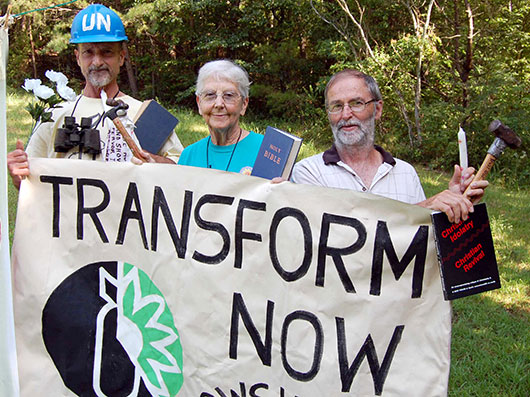

One of the legends in the U.S.A peace movement, Sister Anne Montgomery was a member of the Religious of the Sacred Heart for more than 60 years. She spent over three years in prison for many civil disobedience actions against war. She dedicated many years teaching in Harlem, and several years living with the Christian Peacemaker Team in Hebron, Palestine-Israel. She was a tiny person, well under five feet, but she didn’t fear to go to prison and offer her life for the cause of peace.
Her friend Fran Tobin wrote of her: “Contemplative and a lover of the poor, Anne stood simply
and strongly against that which harmed people and the earth, regardless of the cost to herself.”
She died at 85, after a protracted fight against cancer.
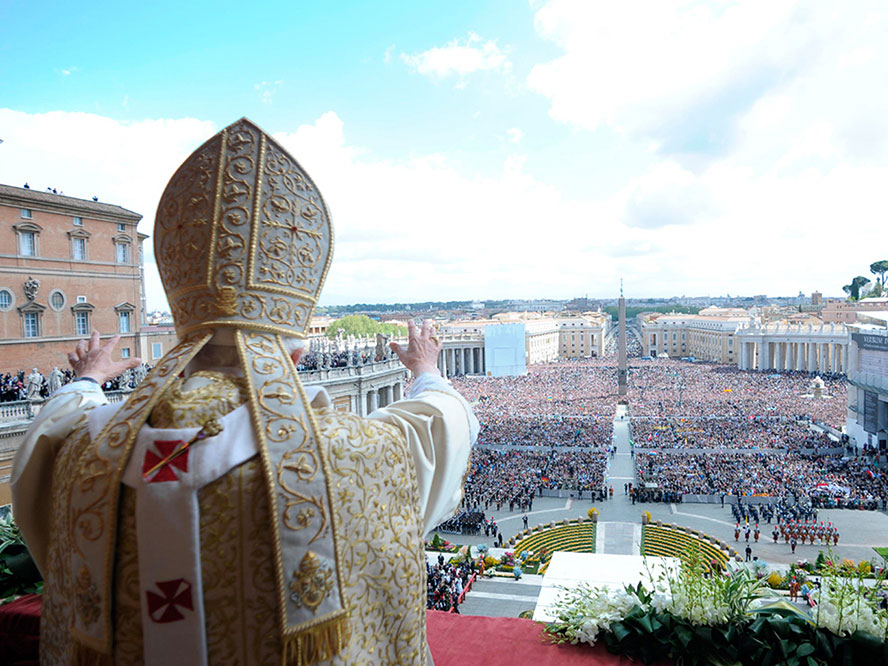

Fortunately, it is God Himself who looks after the Church making sure that she remains catholic and continually sends the Holy Spirit upon us to cultivate the ever–growing variety of ecclesial expressions of Christian life while, at the same time, ensuring that a truly universal communion among all grows deeper and develops at the same speed.
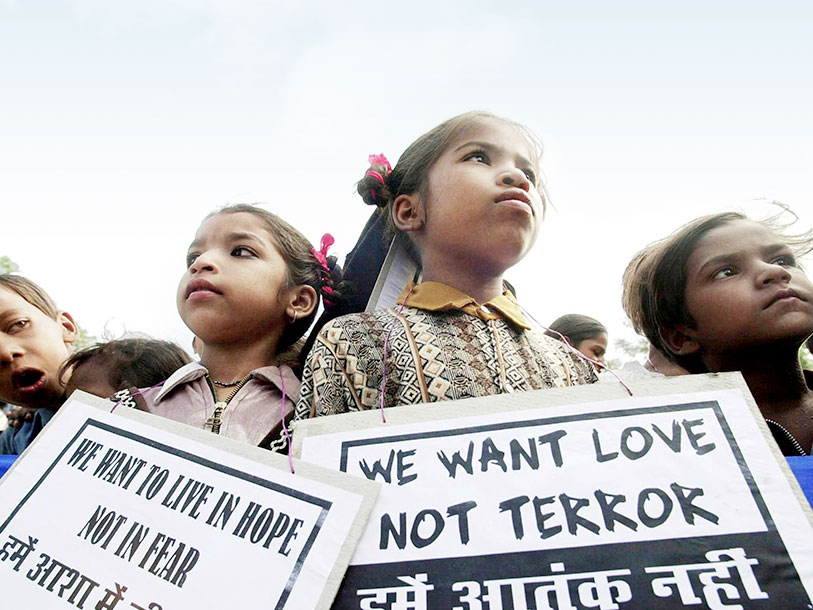

Last year, the war drums kept sounding in the United States and around the world. Talks to reduce nuclear weapons failed, and more deadly ones were built. There were repeated calls to attack Syria and Iran. Syria’s murderous regime attacked Turkey and Turkey’s army counterattacked. Israel bombed Sudan. The death toll in countries like Afghanistan, Iraq, Yemen and Pakistan continued
to rise. The U.S. furnished Kenya’s army with the means to fight the country’s first foreign war, with Somalia. The weapons trade kept growing, and American citizens bought more and more guns, amidst the horror of innocents’ massacres. Drones killed thousands of civilians under the excuse
they were targeting terrorists. During all this madness, Jesuit Father John Dear kept reminding us
of our role as peacemakers. During the months of July and August, he published an enlightening series of reflections about the Psalms of Peace, telling that all of us are called to be peace promoters. And to reflect, in our prayers, our actions, our thoughts and our lifestyles, the beautiful promise
of the Sermon of the Mount: “Seek and you will find.” In the beginning of this New Year, let’s figure out what kind of world we want to live in – and what each one of us can do to achieve it.
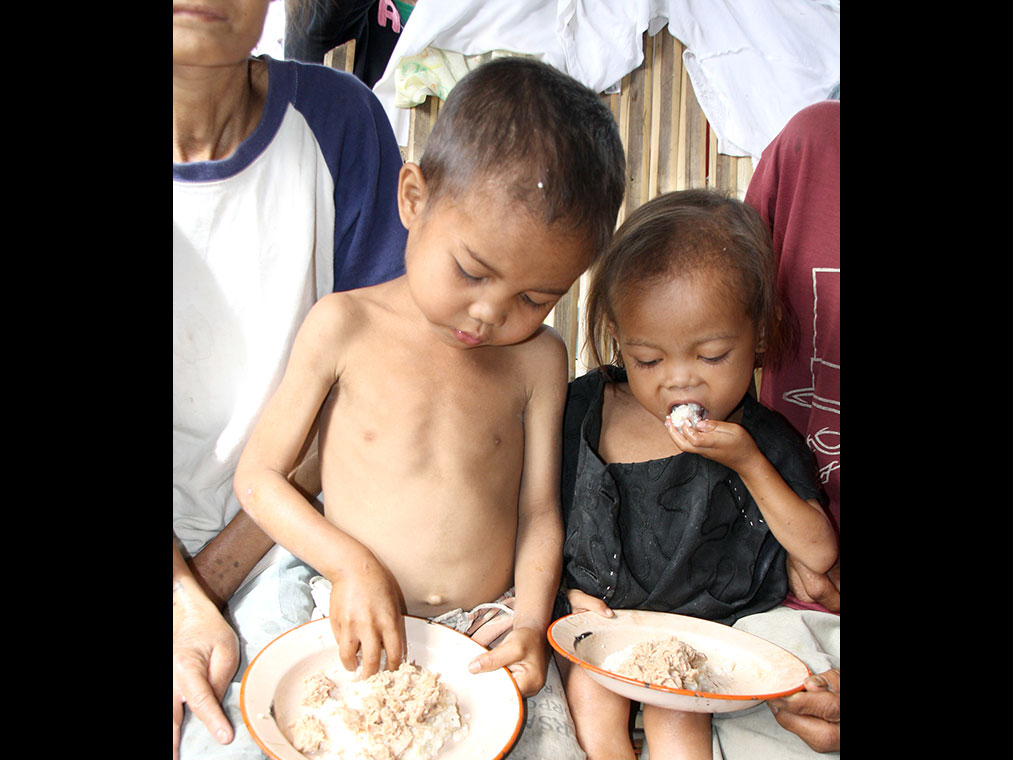

I will not easily forget the dark night of the great typhoon; the wind was howling and tearing at the metal sheet roofs, the trees were bowed toward the earth in submission, the rain was lashing from the sky, and throwing itself like an angry demon on the mission hut where I was staying for a few days in a remote mountainous part of Zambales, Philippines. There was a persistent banging on the door. A voice cried out in Filipino. “Come quickly, Padre, my child, little Angelica, is dying; bring medicine, food. Please come now I am Juanito, I need help.”
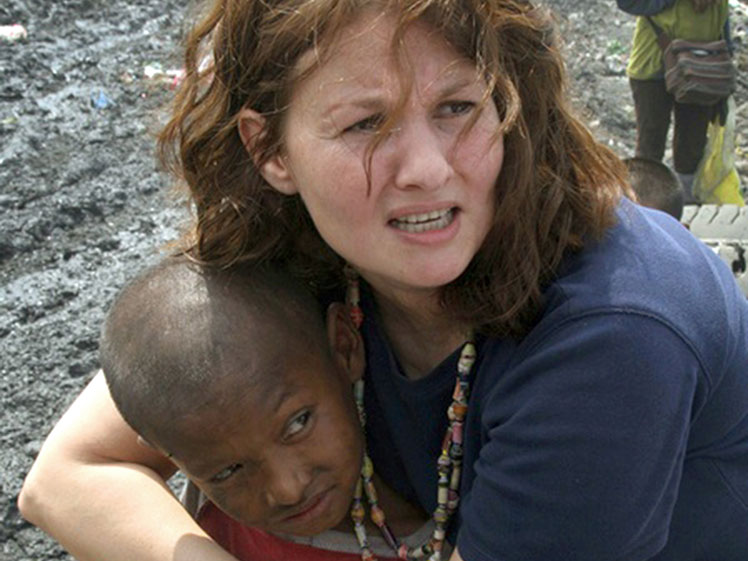

I remember reading a best–selling Filipino author who reflected that “your past may not be perfect, but it was perfect for your purpose.” A part of me agreed, considering my circumstances, but it was only after I met Jane Walker, the British founder of the Philippine Christian Foundation, that I completely agreed. Walker’s life was a testament of this irony. She was raised within
a dysfunctional family and had to endure a scarred childhood. She could have lived a life nursing regrets and grievances towards her family but, later on, she realized that the painful past was meant for her to suffer because as she said, “something good came from it.” In the Philippines
and around the world, she is known as “Angel of the Dump.” Her story is an inspiration: Just with the help of some hope and faith, one can change the lives of thousands of those who used to know only despair and neglect.
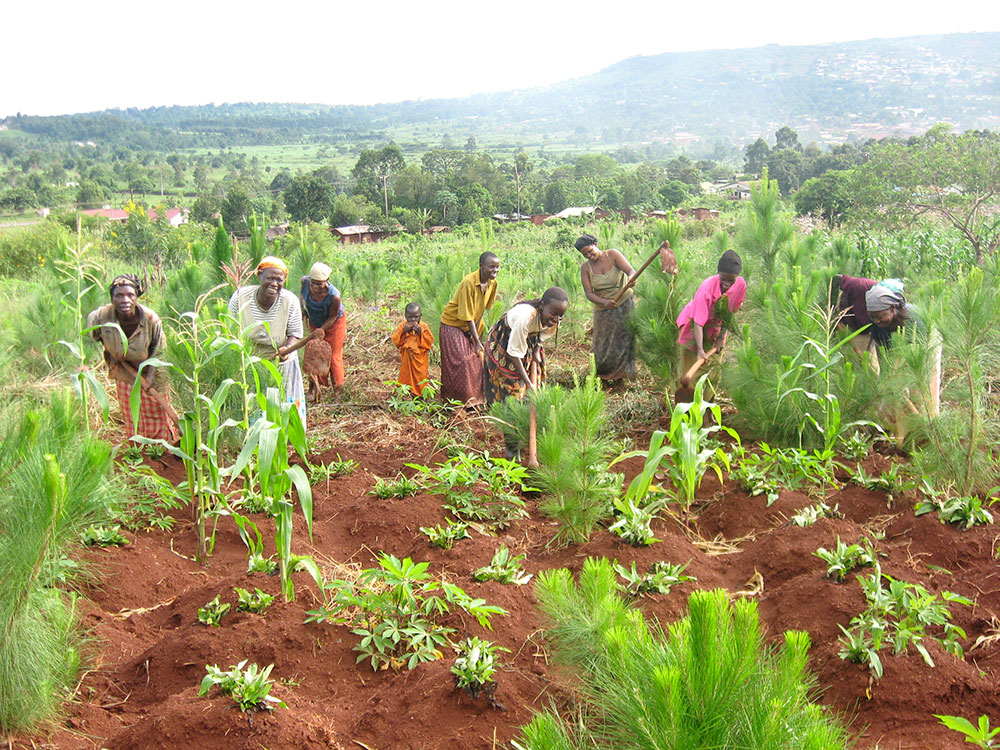

In 2010 and 2009, Kenya lost a whopping 5.8 billion Kenya shillings (US$68 million) and 6.6 billion shillings ($77 million), respectively, to deforestation, a new report released by the government and the United Nations Environment Program (UNEP) reveals. This is despite the fact that forestry–related commercial activities brought just 1.3 billion shillings into the national economy in the same period.
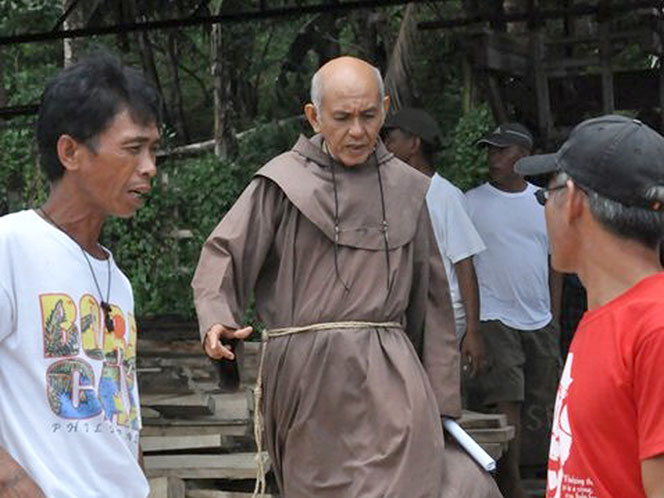

On Sunday mornings, Franciscan priest Pete Montallana says Mass before a crowd of bedraggled residents in an open space amid ramshackle homes. Montallana is no outsider; he himself lives in a 1,500–peso–per–month room in the middle of this Quezon City slum. His bathroom is shared with dozens of others. Welcome to Apolo West Riverside in San Francisco Del Monte district.
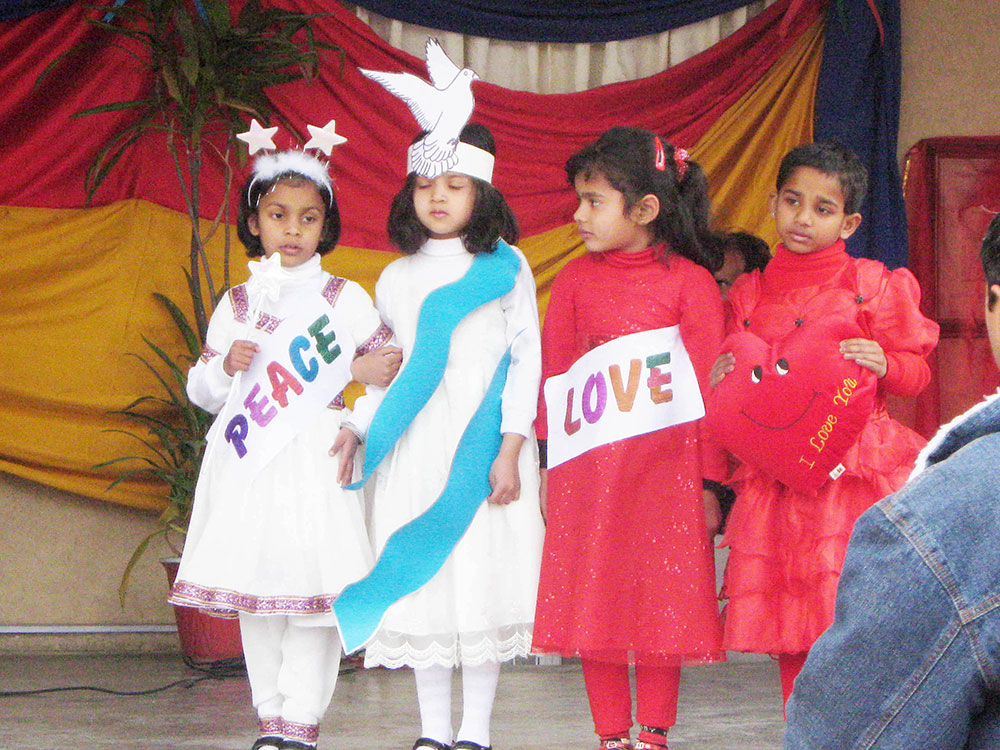

The Catholic girls’ school of the Sisters of the Presentation in Sangota, in the heart of the Swat valley (province of Khyber–Pakhtunkhwa), “reopened a few months ago. It has more than 200 enrollees and is in the process of complete reconstruction” said Sister Riffat Sadiq, part of the team of educators, formerly headmistress of the same school. The institute, founded in 1962, was forced to close in 2007 and, in 2009, was destroyed by the Taliban, who then ruled the valley. In the campaign against female education, Taliban groups forced the closure of more than 400 schools and 150 were destroyed or affected by the bombings. In the Spring of 2012, the school of the Sisters of the Presentation – whose specific charisma is to work for education – has reopened. In a few months, enrollment has risen up to 200 “but as soon as more classrooms are completed, there will be a lot more,” notes Sister Riffat, remembering that before the forced closure, the school had over 1,000 girl students.


It is a story of true holiness and manipulated documents, told by Gianni Gennari in his new book “Teresa di Lisieux, il fascino della santità. I segreti di una “dottrina” ritrovata” (Thérèse of Lisieux, The appeal of Sainthood. The secrets of a rediscovered “doctrine” – Lindau publishers). And one recounted in meticulous detail and inspired by documents that remained unpublished until now. The volume reconstructs the life of an extraordinary woman. Saint Thérèse of the Child Jesus is remembered by the faithful as the “little saint” and is identified with the “spiritual infancy” described in Matthew’s Gospel: “If you do not change and become like little children, you will never enter the kingdom of heaven.” And, yet, Thérèse Françoise Marie Martin, who died in the Carmel of Lisieux at the tender age of 24 in September 1897 and was canonized by Pius XI in 1925, never used the expression “spiritual infancy” in her original writings.
